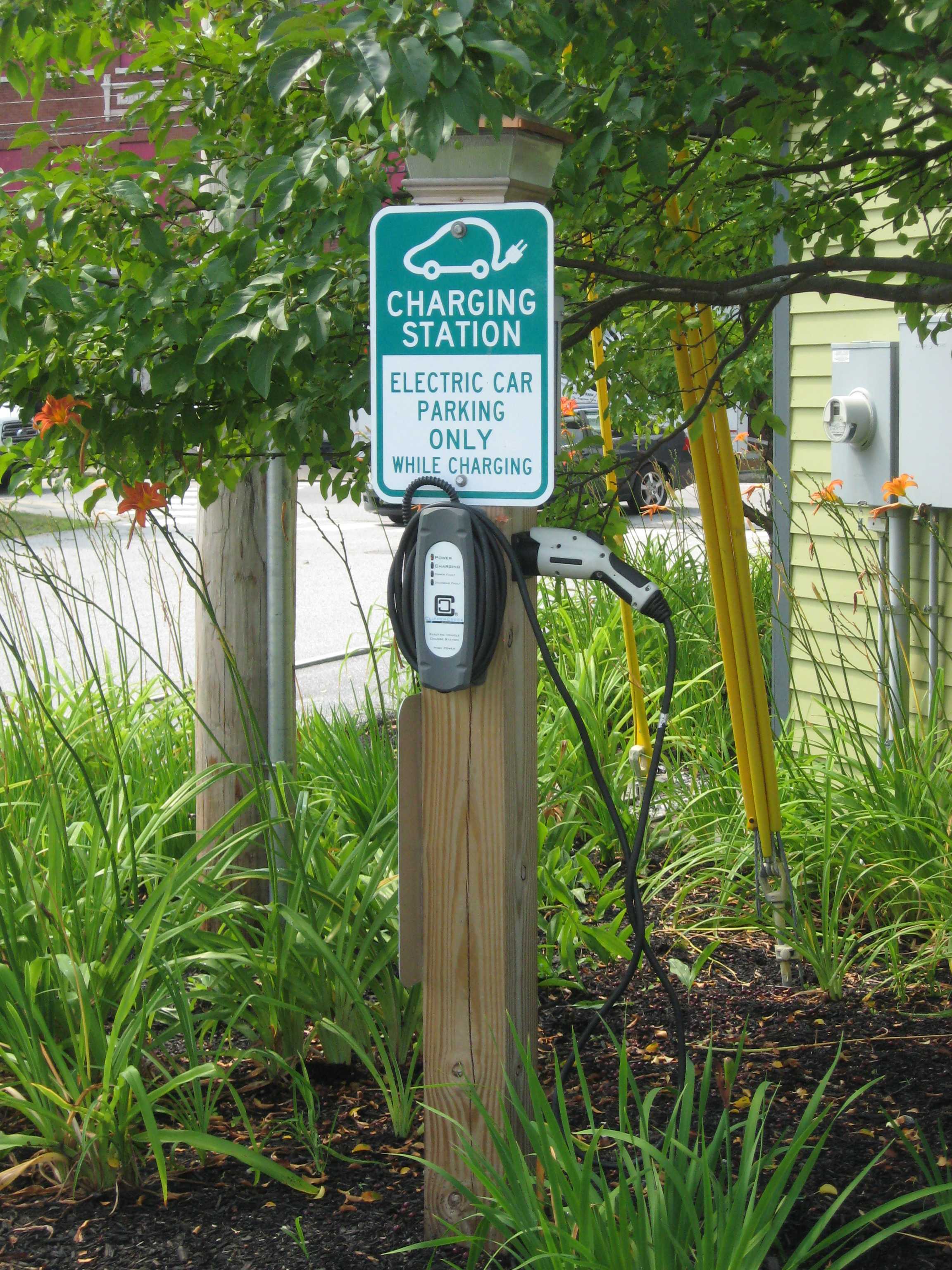
NORWAY — The Board of Selectmen and Town Manager Dennis Lajoie Thursday discussed the town’s electric vehicle charging station and whether it was necessary to charge money for its use.
A resident, who declined to provide his name, said that since the electric vehicle charging stations have been installed in Norway, there has been no charge for residents to use them.
“When they were put in there, it was quite a novel idea,” he said. “At the time, there were one or two cars in the area that used it. In the last two years, electric vehicles in the United States have increased 10 times. It’s becoming a big thing. It’s no longer a novelty.”
He pointed out that most major oil companies have plans to put electric vehicle charging stations at their gas stations, and England is making it mandatory for gas stations to have one.
He said that he does not feel the charging stations should be free and that people should have to pay a fee to use them.
“There’s one up north that’s owned by the University of Maine (in) Orono where they charged a dollar an hour,” he said.
He asked the selectmen if they would consider bringing it up at a later date to continue discussion.
Chairman Warren Sessions Jr. said that “when we did this a couple of years ago, we decided that (the charging stations) would make us a destination. It would bring people to Main Street, and while their vehicles were charging, they would walk around and shop.”
He said that he wasn’t sure how successful the stations have been in that regard, but added that “the purpose of the stations is to draw people to Norway.”
Selectman Thomas Curtis said that “we’re already subsidizing the electric vehicle owners by paying up to $7,500 in rebates.”
“If we’re not getting any taxes from the sale of motor fuels by extension, and if everyone were to get an electric vehicle, what would happen to our bridges, tunnels, roads and airports?” he said.
Lajoie said that he had spoken with people at the Center for an Ecology-Based Economy.
“I believe they want to put a solar charger on the roof of that charging kiosk to power that spot,” Lajoie said. “If that happened, they’d pay for the solar charger, and we’d get the benefit of the cost that is offset by installing it.”
He pointed out that CEBE was installing a 6,300-watt solar tracker at Oxford Hills Comprehensive High School, which will power-charge three electric vehicle chargers, and the chargers will be cost-free.
“If we were to charge a fee at our stations, we may not get any use out of them if people can just go up the road and use them for free,” Lajoie said.